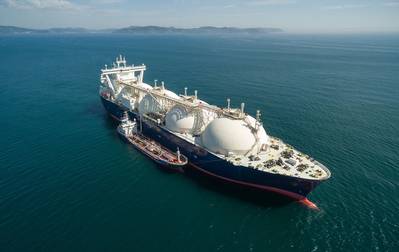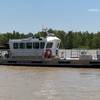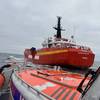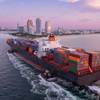EU to Place Sanctions on 19 Energy-Related Ships Including LNG Vessels
The European Union will add 27 vessels, including oil and liquefied natural gas tankers, to its list of entities under sanctions as part of its latest measures against Russia, two sources familiar with the matter said on Monday.
EU countries adopted the 14th package of sanctions against Russia earlier on Monday. These included a ban on trans-shipments of Russian LNG off EU ports that will take effect after 9-month transition period. The full details will be published later in the EU's Official Journal.
The latest list, seen by Reuters, includes 19 energy-related vessels, including two Russian floating regasification units - the Saam and Koryak.
Owned by Russia's top LNG exporter Novatek, the two ships - already under US sanctions - were meant for trans-shipping LNG from its new Arctic LNG 2 project. Russia has a shortage of ice-class LNG ships and relies on trans-shipments to keep those it has in the Baltic Sea area.
The list also includes ships that have been transporting defence equipment for Russia as well as the Enisey cargo ship, which the EU says has moved stolen Ukrainian grains.
Given the vessels already flout western sanctions, the impact on them may not be immediate.
“If you’re looking for spare parts, engineers, insurance, financing, in some cases local pilots - anything that involves some contact with the EU in the broadest sense, including countries mirroring EU sanctions - this all will become more difficult. For instance, navigation, safety and security equipment,” Nicoleta Tuominen, a partner at Dentons law firm, told Reuters.
“If an EU company developed such a system, others could fix it, but not to the same standard. The EU does not have the extra-territorial reach of US sanctions nor their leverage over certain flag states. Tankers are put on the sanctions list because ownership in that sector is elusive and at least this way, you might see some impact at some point.”
(Reuters - Reporting by Julia Payne, additional reporting by Nerijus Adomaitis in Oslo and Paul Carsten in London; Editing by Gareth Jones and Barbara Lewis)
















